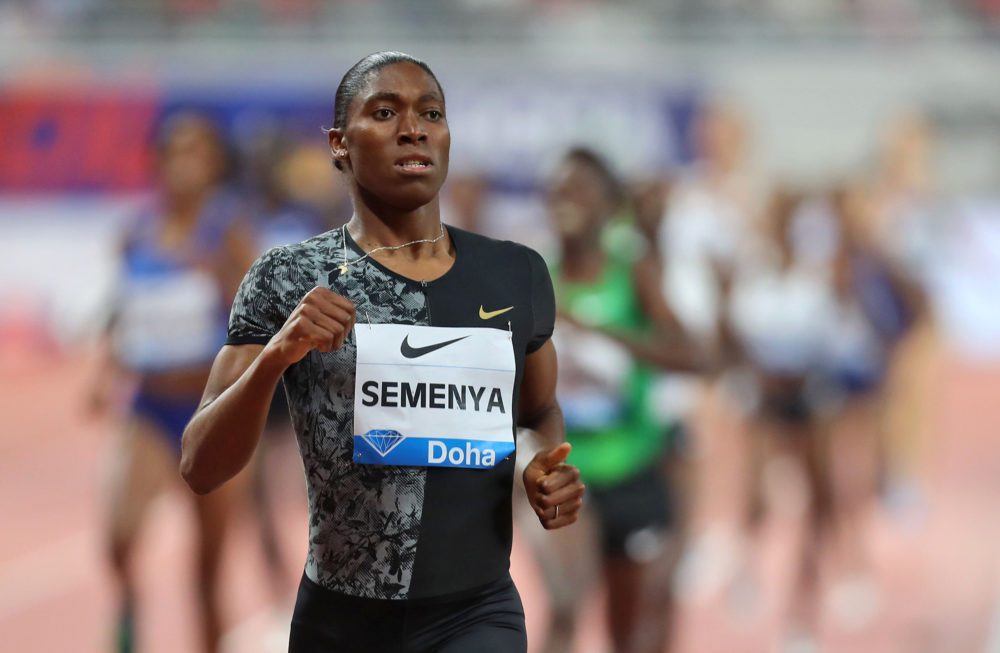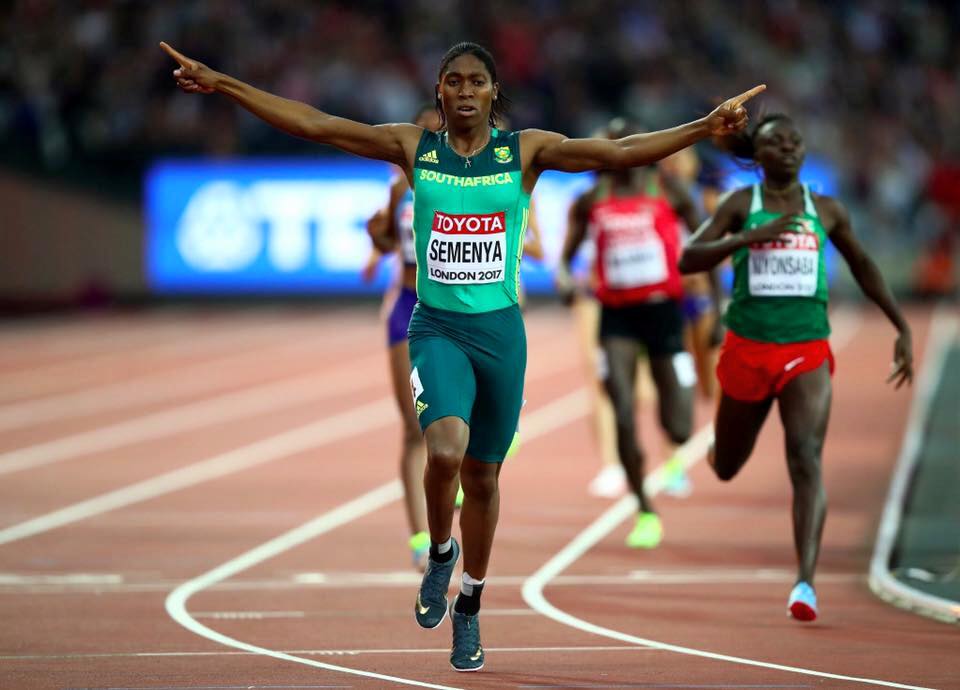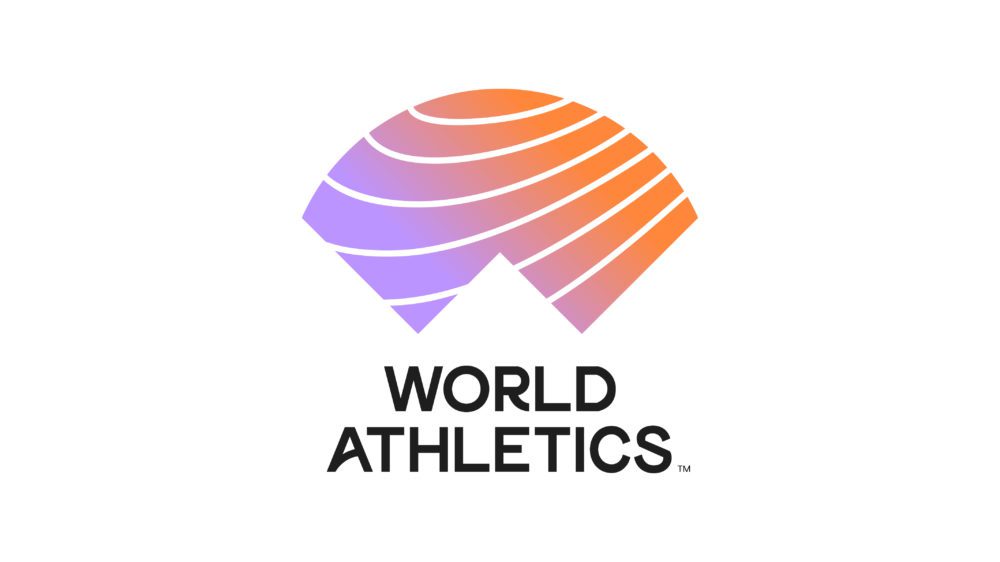Journal publishes correction to World Athletics testosterone study
World Athletics scientists caution that their findings to high testosterone in female athletes with 46XY DSD might be "misleading" and the evidence only "exploratory"

The current issue of the British Journal of Sports Medicine contains a correction to the research authored in 2017 by World Athletics scientists about testosterone levels in female athletes with 46 XY DSD – the research used to justify prohibiting those athletes from competing in track events between 400 m and the mile unless they medically reduced their testosterone. The correction states that the original studies might be misleading and were exploratory only.

The correction comes two weeks after the Tokyo Olympics, where none of the medallists from the 2016 800m final (most notably gold medallist Caster Semenya) competed in the 800m event. Semenya did not qualify in either the 200m or the 5,000 (two events she competed in during the period preceding Tokyo 2020). 2016 silver medallist Francine Niyonsaba successfully qualified in both the 5,000m and the 10,000m and competed in both events in Tokyo; she was disqualified in the opening round of the 5,000m for stepping inside the rail and finished fifth in the 10,000m final, setting a national record of 30:41.93 for Burundi.
The original study found that naturally elevated testosterone occurs in approximately 7.1 out of every 1,000 female athletes, which is 140 times higher than in the general female (i.e. non-athlete) population. Further, it found that high testosterone in female athletes conferred a benefit of 1.8 per cent over 800m and 2.7 per cent over 400m. The study did not show any direct evidence of benefit over the 1,500m and one-mile distances.
https://www.instagram.com/p/CLth2WTnOLJ/
RELATED: Caster Semenya loses appeal over 2019 testosterone ruling
This lack of evidence regarding the 1,500m and the mile has long been questioned. In 2019, scientists from Sweden analyzed whether high testosterone benefits female performances across the middle distance races, and concluded that World Athletics’ decision was unduly harsh and based on exploratory data. The BSMJ correction acknowledges that there were issues with the original study vis à vis the effect of elevated testosterone on performance over middle-distance events.

RELATED: Two top athletes left off Namibian Olympic team over high natural testosterone levels
There has not been any report or announcement by World Athletics on whether DSD athletes will be allowed to qualify or compete in middle-distance events at the 2022 World Championships in Eugene.


